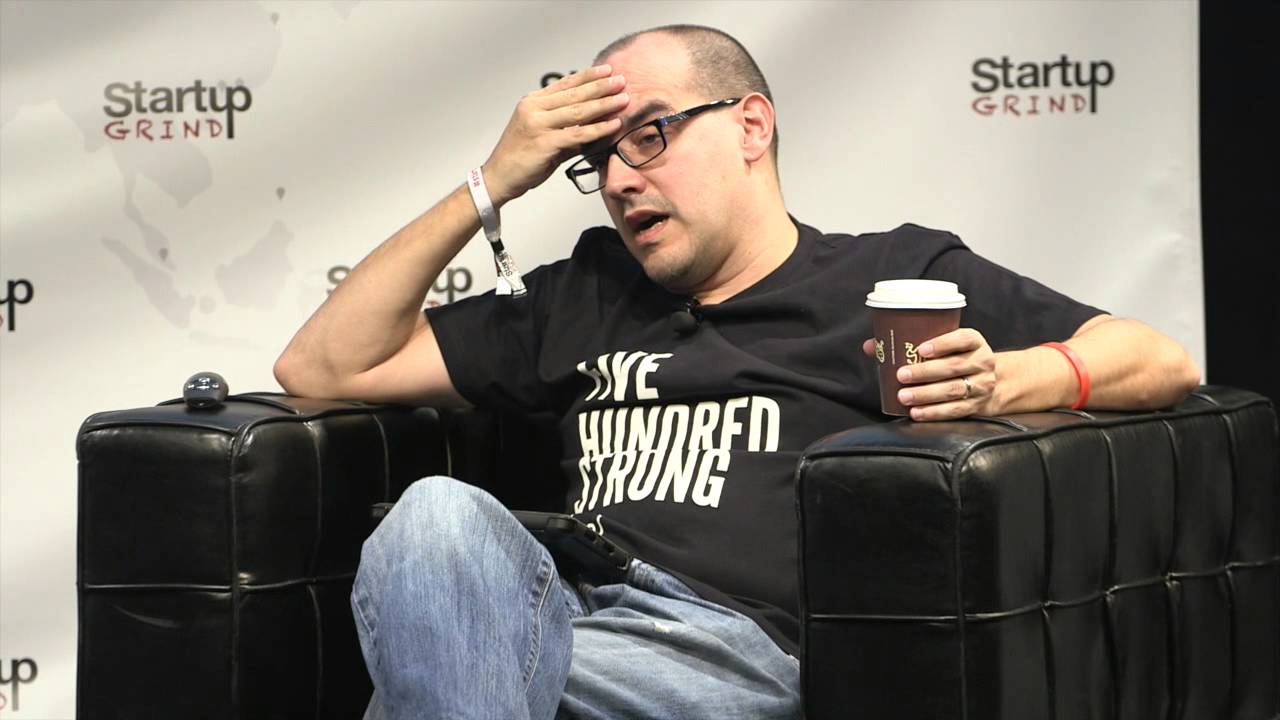Victorian government start-up initiative LaunchVic is looking towards its Yeah Nah Summit to shift the focus back to its work with local start-ups, following its decision to withdraw almost $3 million from accelerator 500 Startups.
LaunchVic had been under pressure to sever ties after learning 500 Startups’ CEO Dave McClure was the subject of numerous sexual harassment allegations.
Dave McClure, a high-profile Silicon Valley financier whose firm maintains an active roster of start-ups, stepped down after a New York times exposé in which more than two dozen women revealed that sexual harassment was rife within the start-up incubator community.
Ten of the women NYT interviewed named names, and McClure – named alongside Chris Sacca of Lowercase Capital and Justin Caldbeck of Binary Capital – found himself in the firing line amidst a maelstrom of criticism. McClure, who had already been called out by entrepreneur Cheryl Yeoh, publicly apologised for being “a creep” and ultimately resigned from the firm.
End of Australian partnership
The rapid and unexpected turn of events posed a challenge for LaunchVic, the $60m Victorian government start-up fund that had spent months setting up a partnership with 500 Startups to create new pathways for Australian firms heading to the global market.
500 Startups – which advertises itself as a “badass, global family of start-up founders, mentors and investors” – has funded over 800 companies and notes that 67 percent of its managing partners are women, and 27 percent of recently-funded companies have a female founder.
After the revelations about McClure emerged, LaunchVic put 500 Startups “on notice” to address “sexual harassment and a lack of diversity in the start-up ecosystem”, a “deeply disappointed” CEO Dr Kate Cornick said in a statement, and was not going to green-light the partnership until a formal remediation plan was lodged.
When 500 Startups’ Australian lead, Rachael Neumann, subsequently resigned, Cornick said it had become clear that 500 Startups wouldn’t “be able to build a strong and inclusive culture and the social capital it needs to be able to successfully roll out its accelerator program in Victoria”.
The loss of what would have been a strong partner has been felt across an Australian start-up community that recognised the need for LaunchVic to distance itself from the scandal.
“It would have been great for Melbourne if 500 Startups had been able to come here because it’s a world-class program,” Scott Handsaker, CEO of LaunchVic-backed cybersecurity skills development venture CyRise, told Information Age. “I think everybody was blindsided by the story coming out, but ultimately the right decision was made.”
Numerous other start-ups had contacted LaunchVic to support its decision to sever ties with 500 Startups, and Cornick thanked them for having “given us the space required to make the right decision.”
The $2.9m earmarked for the partnership remains with LaunchVic and will be reallocated to other programs.
Industry unfriendly for women
Issues of sexism and sexual harassment have plagued the tech industry in recent months as similar stories spurred an industry-wide discussion about gender equality and respectful treatment of women.
Uber co-founder Travis Kalanick sensationally resigned in June after a series of missteps that included allegations of sexual harassment within the fast-growing company. More recently, Google was backing its diversity credentials after it fired the author of a 10-page ‘anti-diversity screed’ that was distributed internally, and which CEO Sundar Pichai said included portions that “violate our Code of Conduct and cross the line by advancing harmful gender stereotypes in our workplace”.
Treatment of women remains a significant issue within ICT even as efforts continue to increase their participation in the industry. ACS’s recent Australia’s Digital Pulse 2017 report found that women account for 28 percent of ICT workers. This is consistent with Worldwide Economic Forum reports that 26 percent of STEM-related positions worldwide are filled by women, but still falls short of the 41 percent of jobs filled by women in other professional, scientific and technical services industries within Australia.










